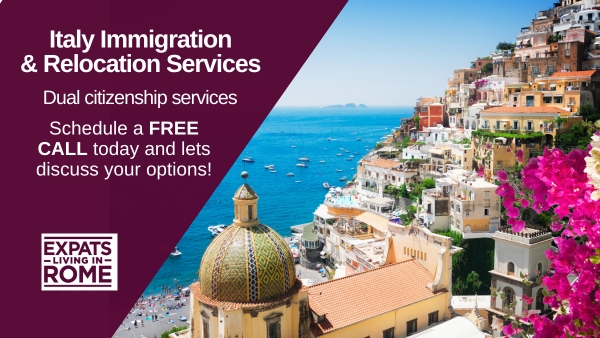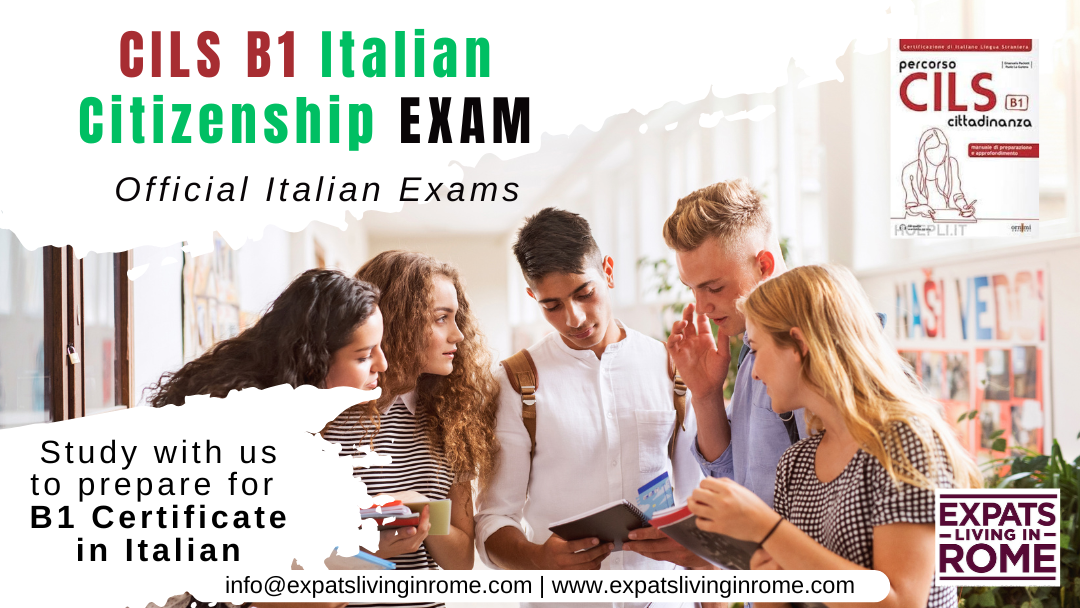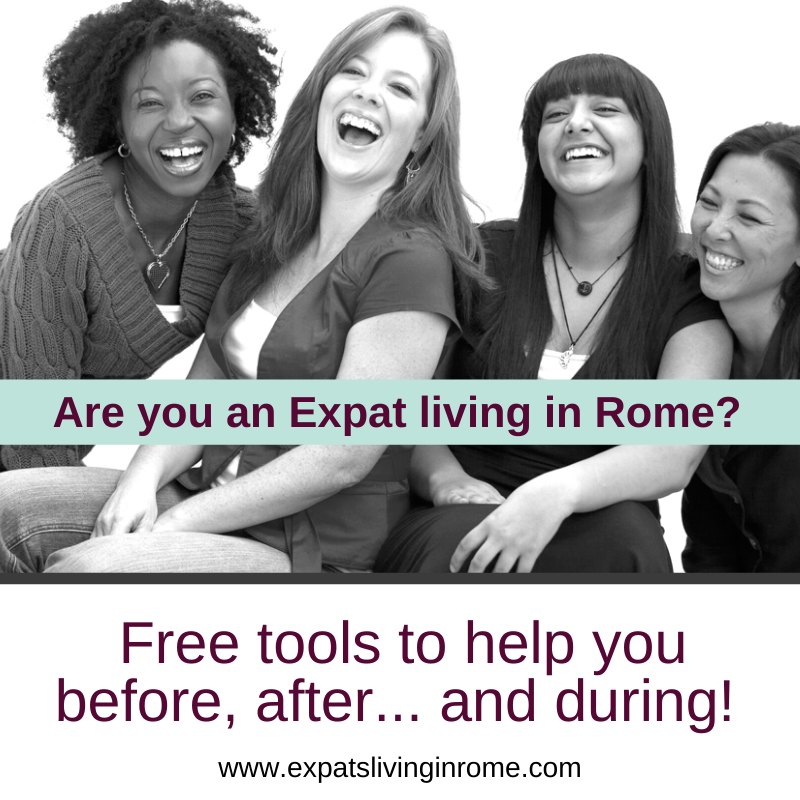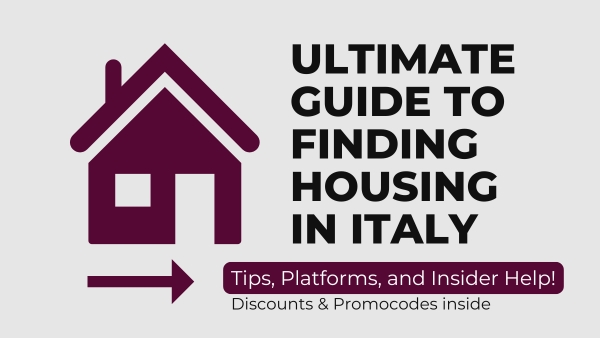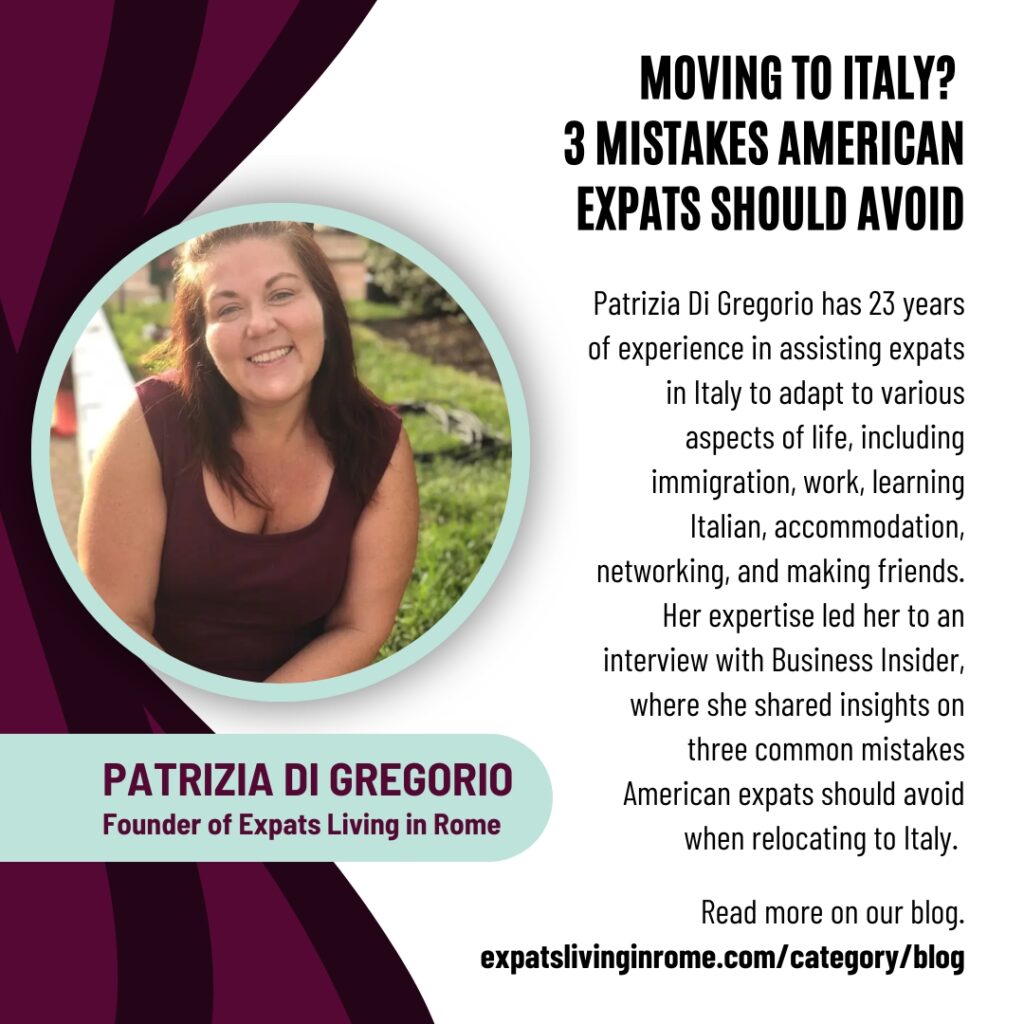Expat Healthcare in Italy: Navigating the Italian Healthcare System
by Adriana ruiz
Moving to Italy is a dream for many expats, known for its stunning landscapes, rich culture, and delicious cuisine. However, understanding and navigating the Italian healthcare system can be a challenging aspect of expat life. In this guide, we will provide expats with essential information to help them access and make the most of Italy’s healthcare services.
The Italian Healthcare System Overview:
Italy boasts a universal healthcare system, known as the Servizio Sanitario Nazionale (SSN). It provides healthcare services to all Italian citizens and registered residents, including expats living in the country.
Registration and Residency:
To access the Italian healthcare system, expats need to register with the local health authority (Azienda Sanitaria Locale or ASL) in their area of residence. This process may vary by region, but it typically involves providing proof of residency, a Codice Fiscale (Italian tax code), and other required documents.
EHIC and Health Insurance:
Expats from European Union (EU) countries should obtain a European Health Insurance Card (EHIC) before relocating to Italy. The EHIC ensures access to necessary healthcare services while residing in Italy. Non-EU expats are strongly advised to secure private health insurance to cover medical expenses.
Family Doctors (Medico di Base):
In the Italian healthcare system, patients are generally required to choose a “Medico di Base” or family doctor. This primary care physician serves as the first point of contact for healthcare needs and referrals to specialists.
Public vs. Private Healthcare:
Italy offers both public and private healthcare options. The public system provides essential healthcare services, but expats may encounter long waiting times for non-emergency procedures. Private healthcare facilities offer quicker access to medical care, but they come at a cost.
Emergency Services:
In case of a medical emergency, dial 112 for immediate assistance. Italy has a robust emergency medical response system.
Prescriptions and Pharmacies:
Prescription medication is available through pharmacies (farmacia) in Italy. Some medications may require a doctor’s prescription, while others can be purchased over the counter.
Health Checkups and Preventive Care:
Italy emphasizes preventive healthcare. Regular check-ups, vaccinations, and screenings are encouraged to maintain good health.
Language Barriers:
Expats who do not speak Italian fluently may face language barriers when seeking medical care. It’s advisable to bring a friend or translator for assistance, especially during medical consultations.
Health and Wellness in Italy:
Italy’s Mediterranean diet and lifestyle contribute to overall well-being. Expats can take advantage of fresh, local produce and outdoor activities to maintain a healthy lifestyle.
Understanding and navigating the Italian healthcare system is essential for expats looking to make the most of their life in this beautiful country. With the right information and preparations, expats can access quality healthcare services and enjoy their Italian adventure with peace of mind.
Read more about Understanding the Tessera Sanitaria: Your Italian Health Insurance Card.
Don’t forget to check out our Social Media accounts and subscribe to our Newsletter so you can be updated with information customized for people who want to move, live, and love Italy!
FAQs for Italian Citizenship by Marriage (2023)
Understanding the Tessera Sanitaria: Your Italian Health Insurance Card
Non-Married Partners: How to Obtain a Residence Permit in Italy as De Facto Cohabitants
How to get tax identification number for foreign citizens (Codice Fiscale)
How to register in Italy as an EU citizen
Mastering Public Transport in Italy
The Advantages of Dual Citizenship with an Italian Passport: Unlocking Boundless Opportunities
What you need to know about Visas and Permits to stay in Italy
